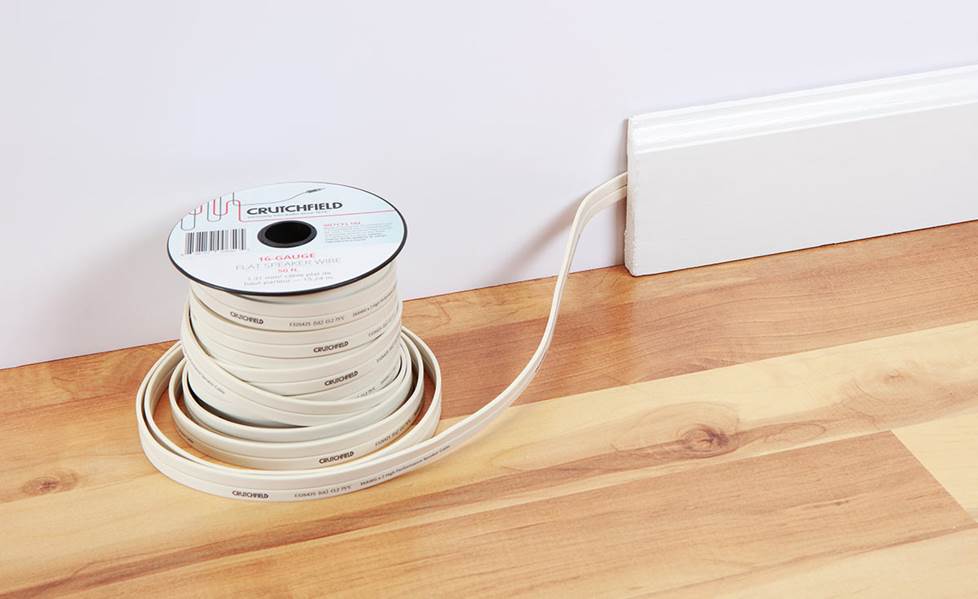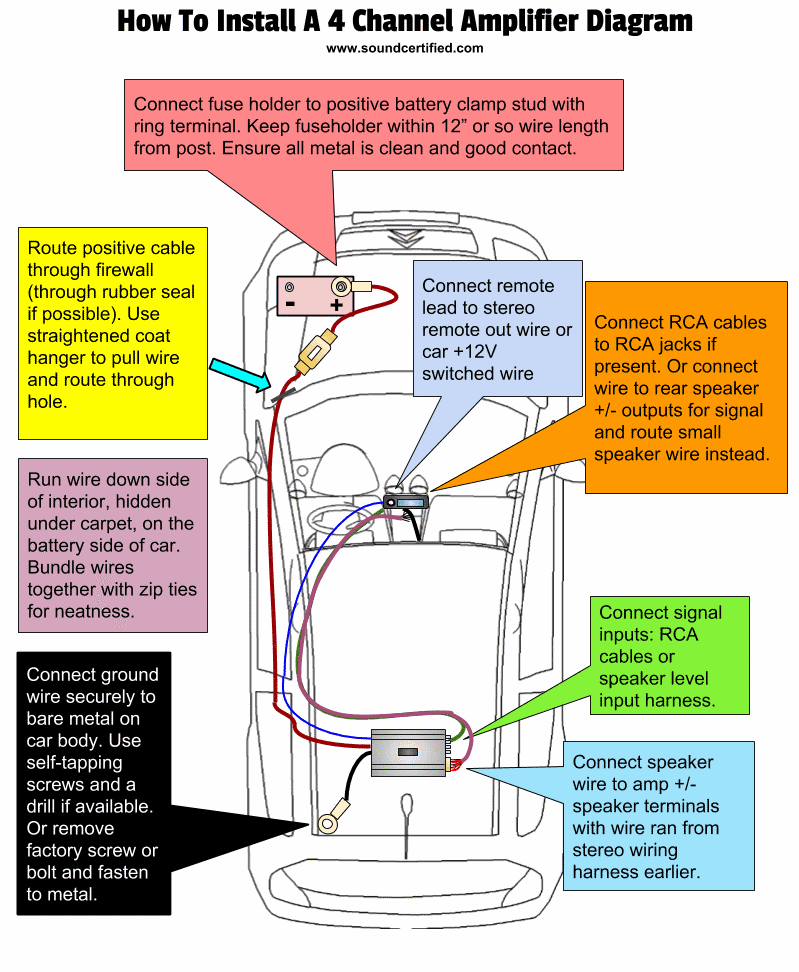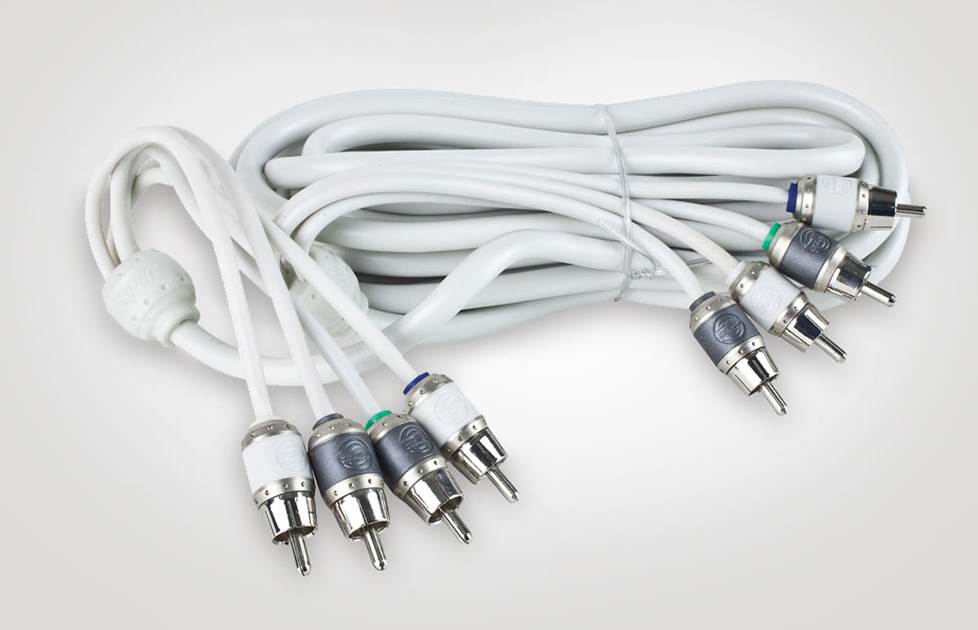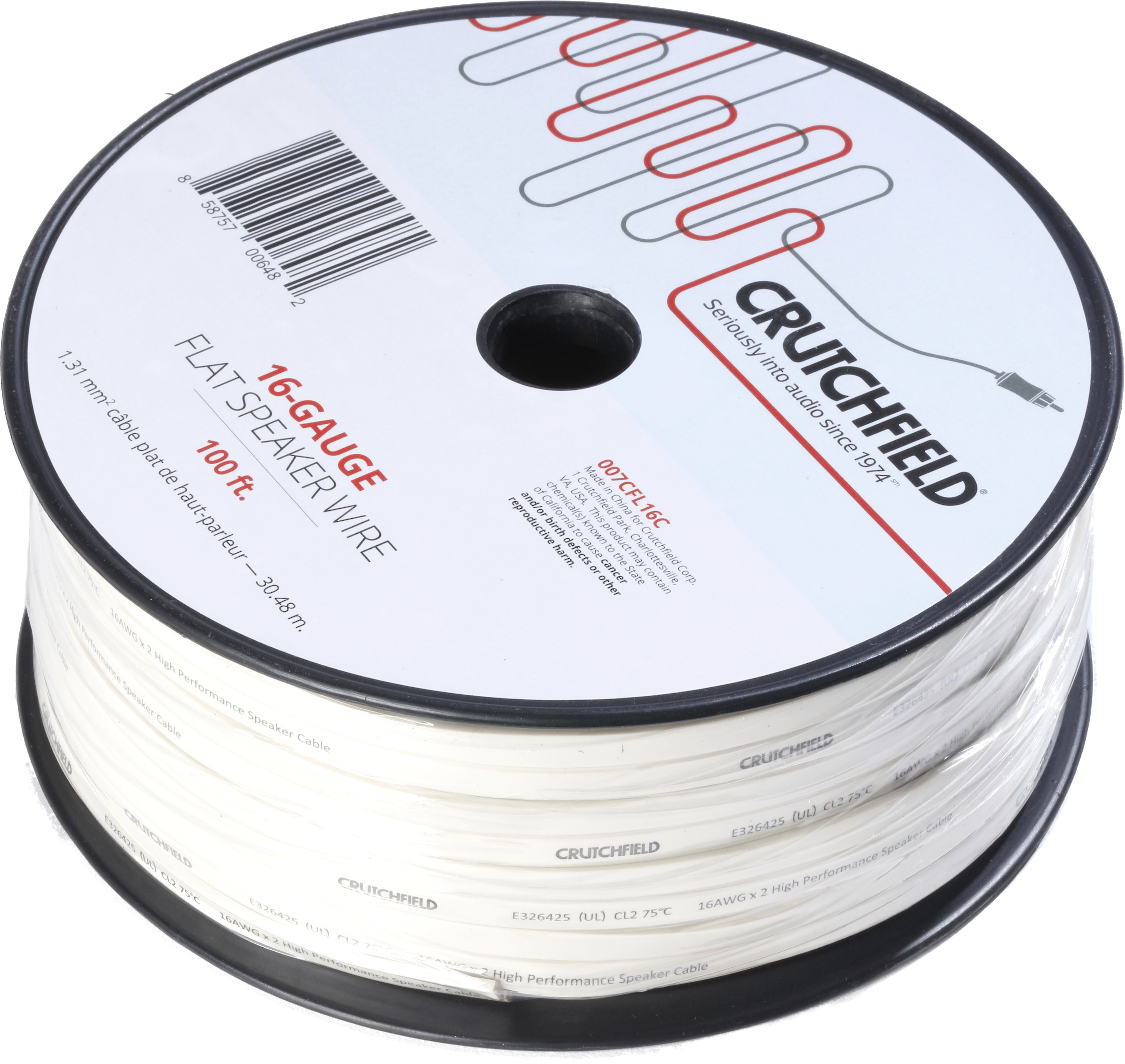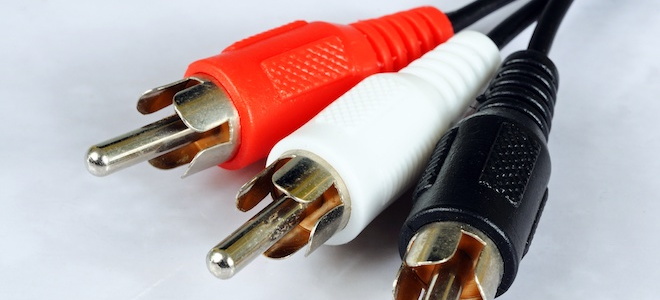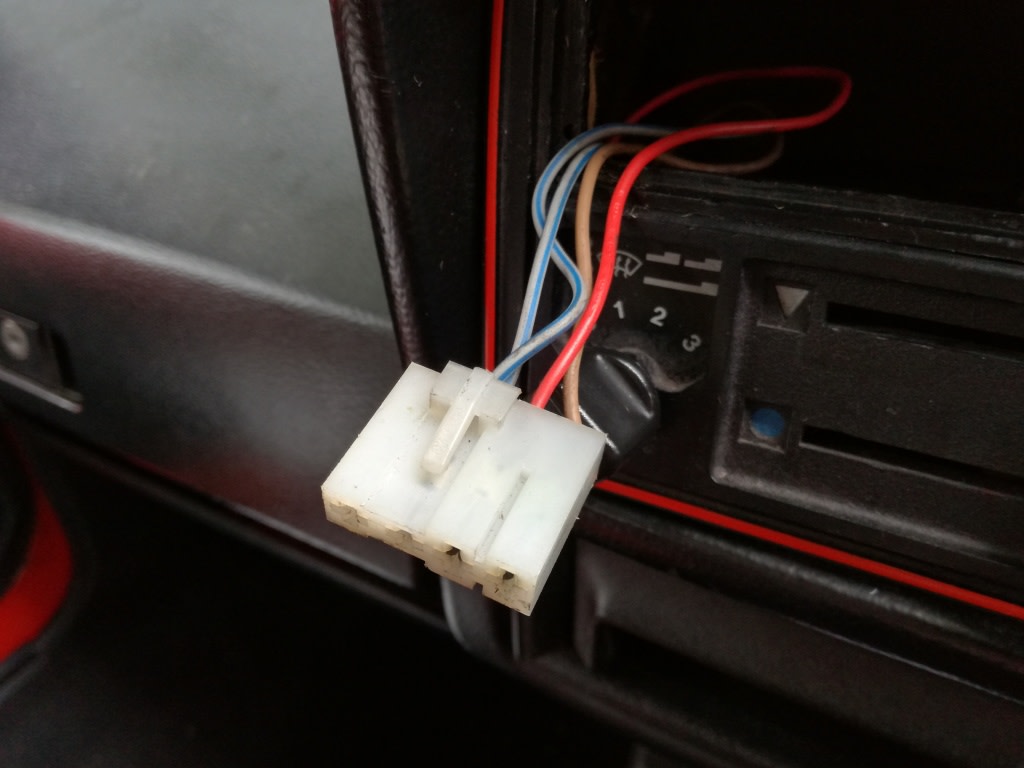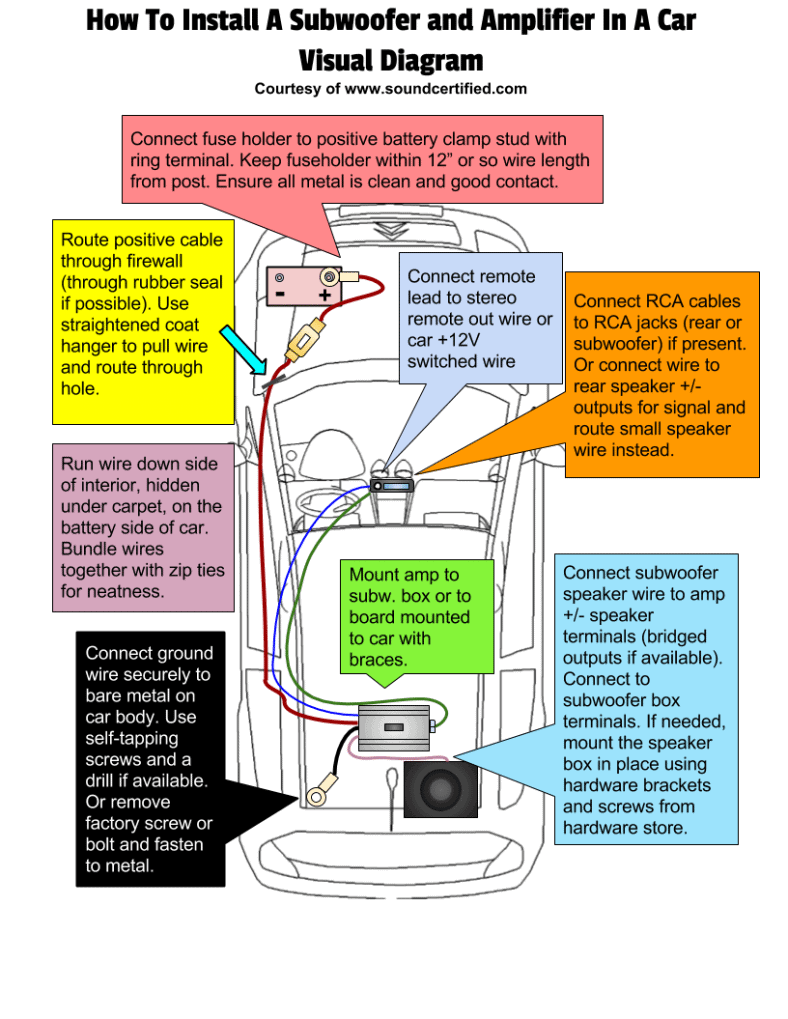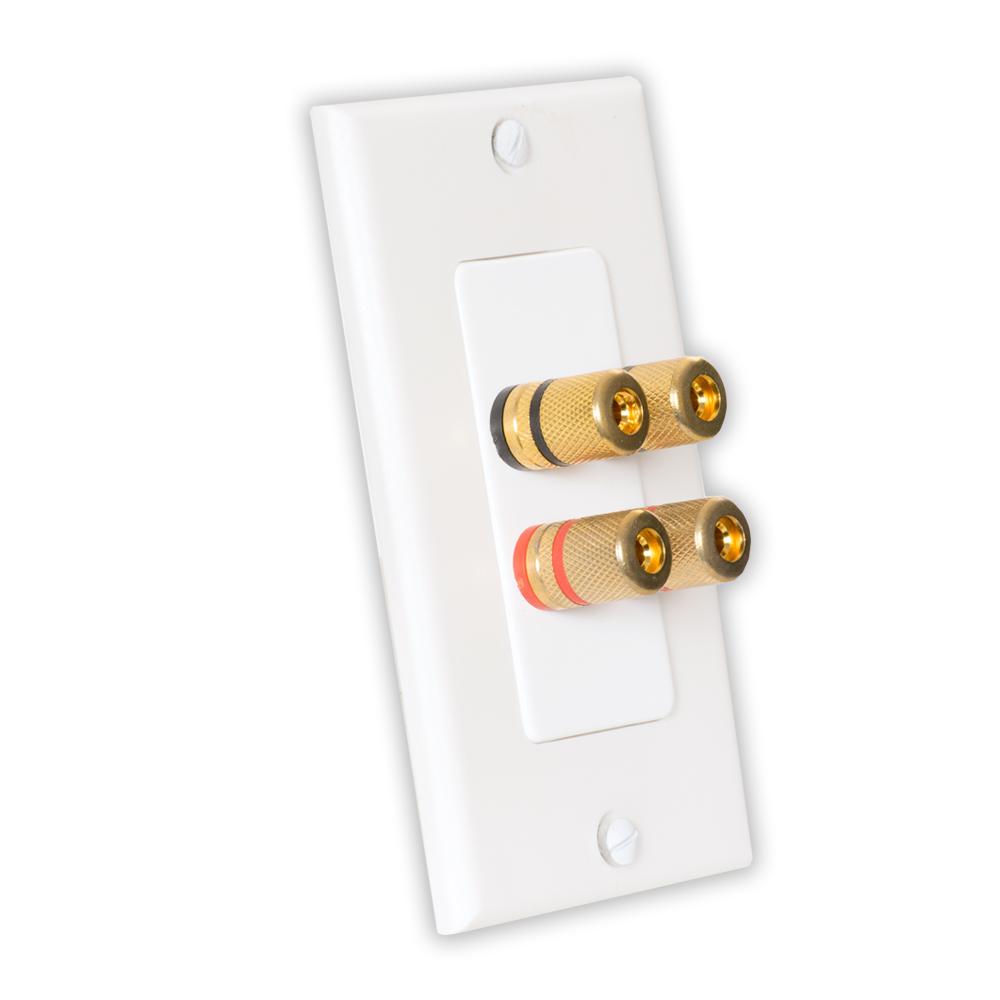How To Run Speaker Wire Under Carpet Doorway

If one end of your cable is permanently attached to an appliance use extra care when pulling the cable under the carpet and be sure the device is switched to the off position.
How to run speaker wire under carpet doorway. While wires such as coax can leave a ridge that is noticeable when steeped on others like category 5 cables and speaker wires lay perfectly flat and can be easily hidden. Not only can a rug offer personality and draw aesthetic attention to itself but it will help prevent tripping hazards. Cut out a single gang low voltage box hole in the wall behind your av gear and cut out a 1 inch square at the ceiling. This invisible wire solution is a non invasive and low cost alternative to cutting holes in the.
It is important to ensure that the cable is detached from all appliances before running it under carpet in case it pulls on any heavy appliances. Then slip the end of a flat pry bar between the carpet and the cardboard. Sewell direct offers ghost wire that s a spool of 16 awg speaker wire about the width and thickness of duct tape. Some wires like those coming from your tv can be hidden behind walls or you can run other wires under your carpet.
A ruler or paint stir stick makes a good wire pushing tool. Use a fish tape to get two pairs of speaker wire run from the low voltage box up the wall and out the 1 inch access hole. If your speaker wires have to cross an open floor space common with surround sound speakers a readily convenient option would be to hide them under some type of throw rug or carpet runner. Don t use anything sharp that might cut into the wire s insulation.
Run ghost wire along wall. Flat wire will contribute to the longevity of the carpet and the wire while rounded wire if under carpet in a high traffic area will eventually wear the carpet out or cause bunching between the. Route both pairs of speaker wire around the room securing it to the top of the furring strips. Place a thick piece of cardboard against the wall just above the carpet where one end of the speaker wire will be run.





